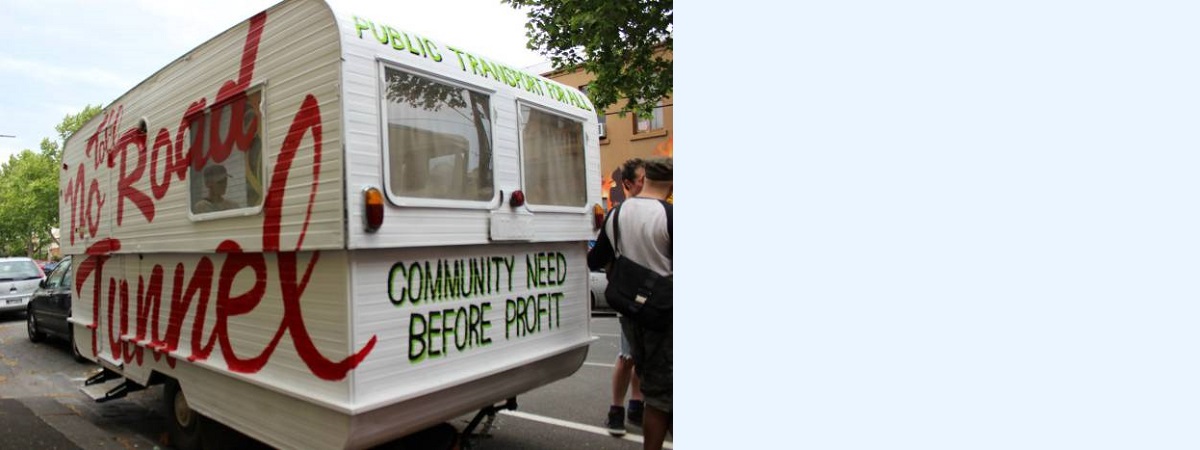How community action re-politicised transport planning in Victoria

It emerged as the key issue in the Victorian election and arguably led to the downfall of a government – but the East-West Link tollway also set a blueprint for community activism with impact.
The Centre for Urban Research’s Dr Crystal Legacy has researched the community-led anti-tollway campaign and examined how it came to have such a significant political effect.
The proposed 18km East-West Link tollway was designed to link Melbourne’s Western Ring Road and Eastern Freeway but community opposition to the project spread when the Napthine Liberal government signed contracts in 2014 to construct the multi-billion dollar project before taking the plan to an election.
Legacy says the government’s decision to remove the community from the transport investment decision-making process and its attempts to depoliticise the decision only served to “hyper-politicise” the project.
“Politically engaged citizens will go to great lengths to create their own spaces where deliberations about the transport problems, priorities and investments can occur, but in a manner that allows alternative transport futures such as public transport to also be considered,” she says.
Campaigners engaged heavily in social media, community-led forums and one-to-one consultation sites to garner support for their plight. Continue Reading…